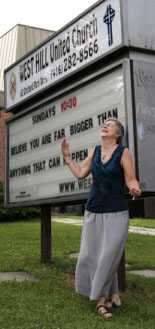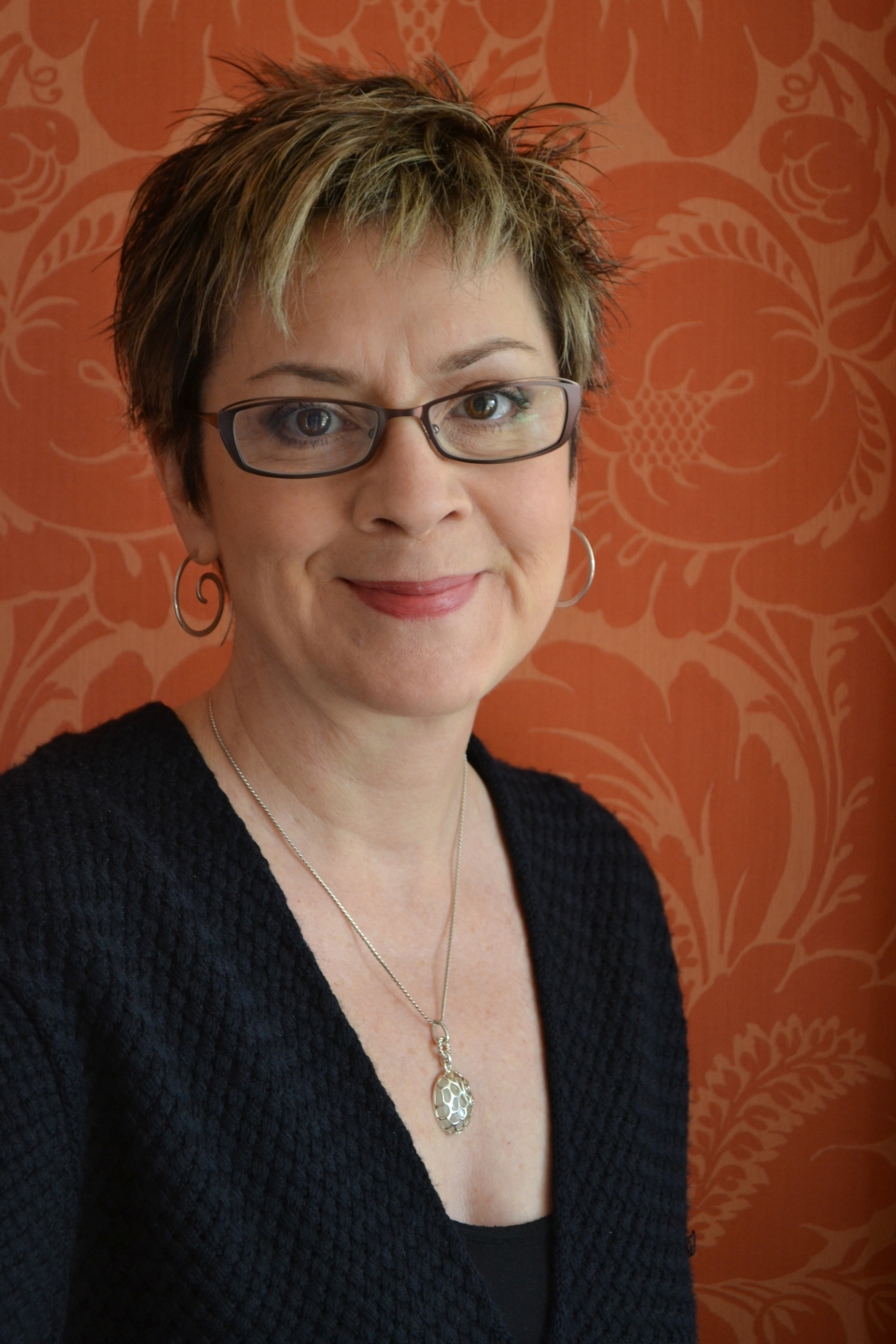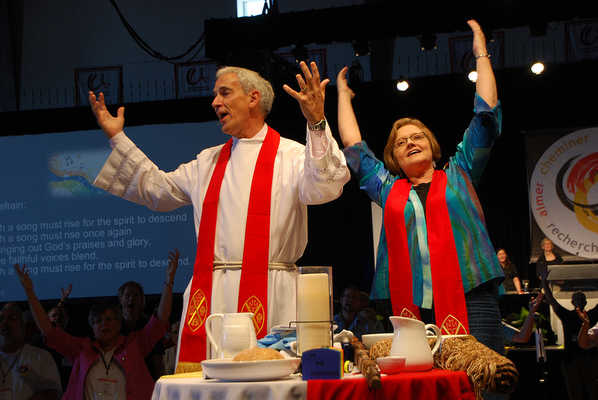In 2013 the United Church of Canada voted to boycott the Israeli company, SodaStream, because it had a factory in the West Bank and the United Church, demonstrating all the political astuteness usually ascribed to mainline churches, has decided that such Israeli settlements are the “principal obstacle to peace in the region.”
From here:
Canada’s largest Protestant church targeted three Israeli companies with operations in Jewish settlements for economic sanctions and boycott.
Last week, the United Church of Canada’s governing General Council approved the start of a boycott campaign, encouraging “economic action” against Keter Plastic, SodaStream and Ahava.
As a result of the boycott, the SodaStream factory has been closed and 500 Palestinians have been laid off.
Another triumph for ecclesiastical social justice.
From here:
The chief executive of SodaStream International Ltd. says he has been forced to lay off hundreds of Palestinian workers after a factory was targeted by an international boycott movement and moved from the West Bank into Israel.
CEO Daniel Birnbaum said the last 74 Palestinian workers left Monday after being denied permits to work inside Israel at the new factory.
The global boycott movement seeks to ostracize Israel by lobbying corporations, artists and academic institutions to sever ties with the Jewish state.
In all, about 500 Palestinians lost their jobs after the factory moved last year following a high-profile boycott campaign against SodaStream.


 From
From  From
From 